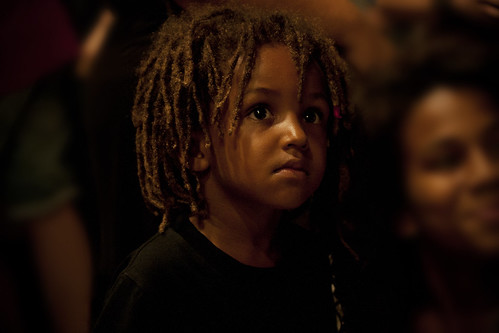Rastafarians in Malawi presented a petition to lift the country’s longtime ban preventing primary school Rastafari students with dreadlocks from attending class. Rastafarians argue that the prohibition is unconstitutional as the ban directly conflicts with the religious practice. Community members are currently preparing a vigil if their petition is not considered.

Students in the country’s public primary schools are told to cut their locks or denied entry into the classroom; Rastafarians have argued against this for a decade. According to Ras Judah I, the President of the Rastafari for Unity, dreadlocks are an integral aspect of their religion and “the ban violates the students’ right to education and freedom of worship – which are both enshrined in Malawi’s constitution.” The petition also urges to extend presidential appointments in Head of State to members of the Rastafarian community who are qualified for the position.
Constitutional lawyer at Chancellor College of the University of Malawi Edge Kanyongolo explains “our constitution guarantees various rights including the right to freedom of religion as well as a right to equal treatment. Now the only time you can limit those rights is if somehow the exercise of the rights harm the rights of other. In the case of Rastafarian children, I cannot see how allowing the to keep hair in dreadlocks harms anyone at all.”
Malawi’s Ministry of Education instead advocates for student uniformity and asserts that Rastafari children with dreadlocks affects the behavior of other pupils in the classroom. A previous appeal requesting to lift the ban was turned down in 2012, with the Minister saying “Ministry of Education will not allow any religious sect to showcase its beliefs in classrooms. Every student is supposed to follow the Ministry of Education Code of Conduct.”
Rastafarian Nyaybingih Order of Malawi (RNOM) secretary Herbert Chikazingwa said “we are still worried because our children are still not attending classes. We want our children to be allowed in school even if they have long hair or dreadlocks. Hair grows naturally and it is designed by God. What matters is the intelligence and not how a person looks or dresses.”
Creative Commons Love: Chiara Stevani on Flickr.com
















